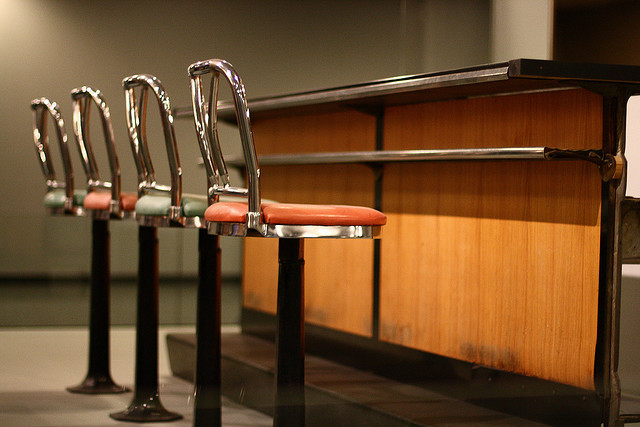
Freedom Summer: The Savage Season That Made Mississippi Burn and Made America a Democracy
by Bruce Watson
—Reviewed by Ellen O’Connell

By late May 1964, more than 700 students had gathered in Oxford, Ohio, to undergo training before descending on Mississippi for the summer. These students were part of a powerful political movement that was gaining momentum, and they wanted to be on the side of justice rather than the law. They were going to the south to fight against segregation, even amid escalating violence that had spread across the region in response. The 700 protestors were told by the Student Nonviolent Coordinating Committee to bring $150 for expenses and $500 for bail.
In Freedom Summer, journalist Brice Watson chronicles that nearly-forgotten season in American history. Although he resorts to occasionally overwrought language, Watson offers a necessary reminder of many of the bold feats and unexpected horrors of the struggle that summer. Southern blacks remained excluded from voting booths, even in the counties where they comprised the majority of residents. Churches and homes were burned, and black citizens were arrested without reason, sometimes reappearing dead, beaten, dismembered.
On the first night that the 700 volunteers arrived in Mississippi, three volunteers were abducted. The rest of the group was terrified of what lay ahead, and their fears were sustained on June 21, when three volunteers-Andrew Goodman, a black Mississippi native, and James Chaney and Michael Schwerner, two white northerners-disappeared in Neshoba County.
As was later revealed, the three men had been arrested on fabricated charges, held for several hours, and then, late that night, released into the waiting arms of the Ku Klux Klan. Their bodies stayed missing until August, when they were finally found under a dam, beaten and buried. During the subsequent trial, it was revealed that county officials had conspired with the Klan to murder the three “outside agitators.”
With tight focus and excellent journalism, Watson offers a vivid portrait of a terrible but not-so-distant past. The volunteers who went to Mississippi ended up being disappointed over how few black voters they were able to register. But they did succeed in getting the country to sit up and pay attention to what they were doing. Watson also optimistically points out how far the state has come. Still, it is impossible not to realize how much farther we have to go.
Buy the book: Skylight Books, Powell’s, Amazon
Ellen O’Connell has been published in several national literary magazines and is a contributing writer to the forthcoming book, The Moment (2011 Harper Perennial). This year she was nominated for the 2011 Pushcart Award and currently teaches creative writing at UC Santa Barbara.
*Photo courtesy of Kari Marie.




Send A Letter To the Editors